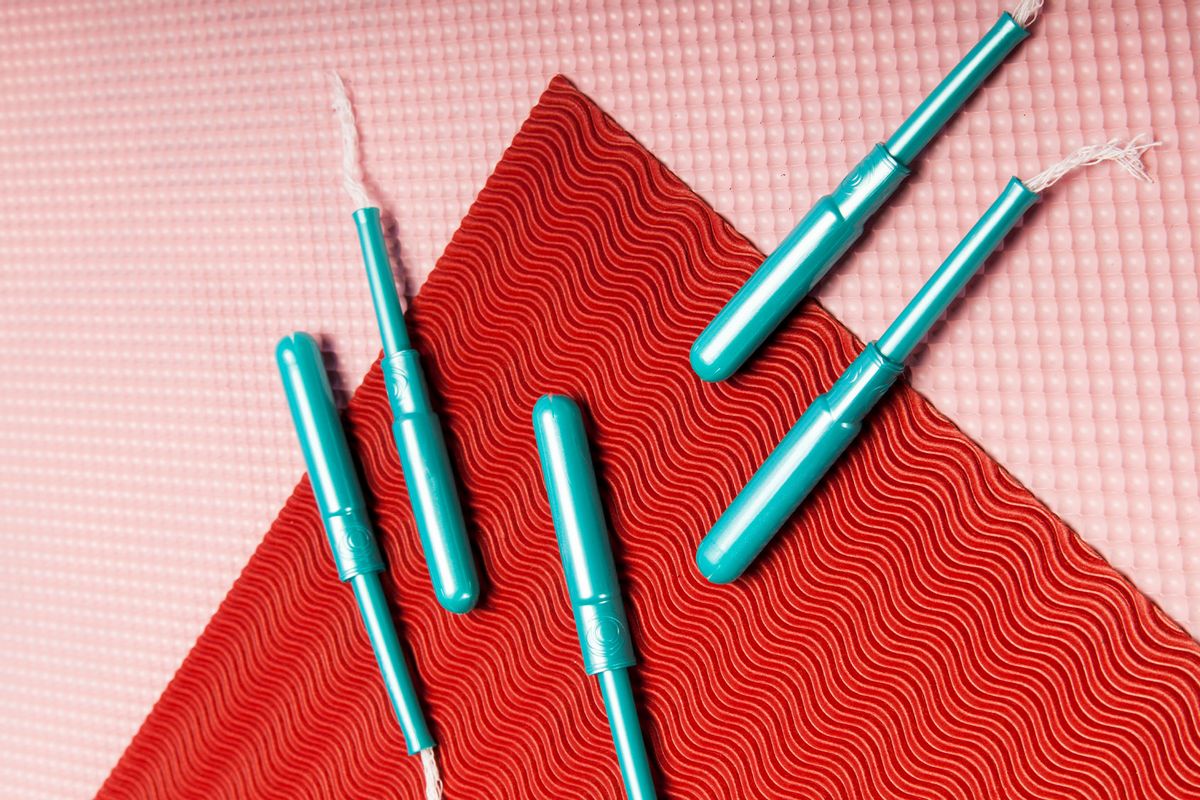Fourteen popular brands of tampons sold in the U.S., U.K. and European Union have been found to contain toxic metals including lead, arsenic and cadmium, according to tests conducted by researchers from the University of California, Berkeley, and Columbia University. As Newsweek reported Thursday, a total of 16 types of toxic metals were found in the 30 products tested by public health researchers. However, the scientists did not disclose which brands they tested or which ones produced the troubling results. Their findings were published Tuesday in the journal Environment International.
“Despite this great potential for public health concern, there has been little research done to measure chemicals in tampons,” Jenni A. Shearston, lead author of the study, said in a statement from the university. “To our knowledge, this is the first paper to measure metals in tampons. Worryingly, we found concentrations of all the metals we tested for, including toxic metals such as arsenic and lead.”
The list of metals detected included arsenic, barium, calcium, cadmium, cobalt, chromium, copper, iron, manganese, mercury, nickel, lead, selenium, strontium, vanadium and zinc. The concentrations of the metals varied by country of purchase, whether a product was a store brand or a name brand, and whether the product was labeled organic or non-organic. Non-organic tampons had higher concentrations of arsenic and lower levels of lead, while organic tampons had higher levels of lead and lower levels of arsenic. Researchers said the metals could have gotten into the products in different ways and that further research is needed. However, they made it clear that no amount of lead exposure is considered safe for human reproductive health, and none of the brands tested had noticeably lower concentrations of the metal than others.
“I really hope that manufacturers will be required to test their products for metals, especially toxic metals,” Shearston said in the statement. “It would be exciting if the public asked for this, or for better labeling on tampons and other menstrual products.”
These findings follow a 2023 study from the University of Notre Dame that found polyfluoroalkyl chemicals — or PFAs, also known as “forever chemicals” — in 123 menstrual products sold in the U.S. Similarly, a 2022 consumer watchdog study reviewed by researchers at Carnegie Mellon University found that of 23 tampon brands tested, 22% contained PFAs, as did 48% of pads and panty liners tested. California lawmakers have tried at least twice to ban the use of PFAs in tampons sold in the state.
read more
about menstrual health
